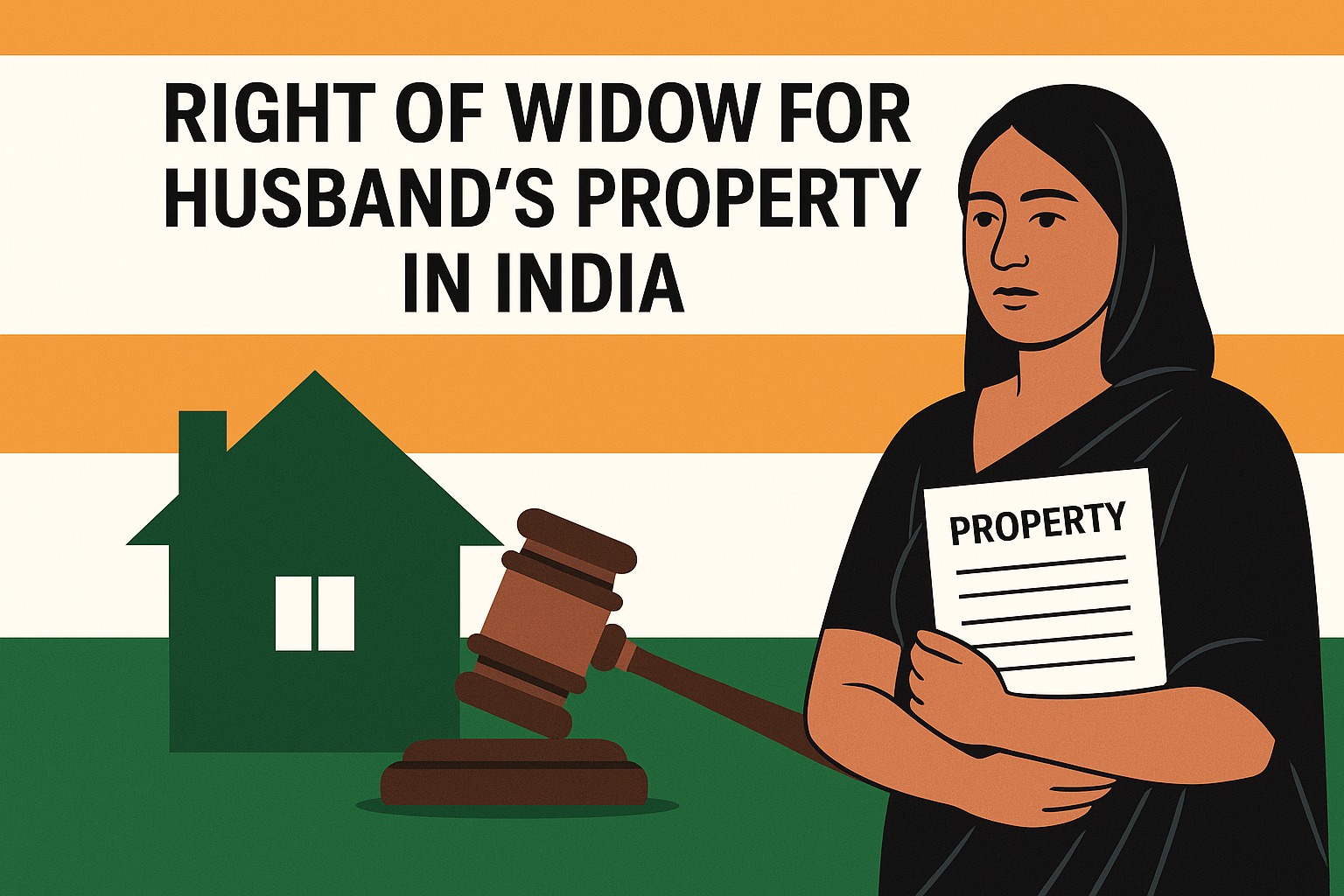Sudhir Agarwal, J.@mdashHeard Sri Vinod Swaroop, learned counsel for the appellant and perused the record. A suit for injunction was instituted by plaintiff-appellant on the ground that property in dispute is ancestral property and about 30 years back, there was partition among members of the family and disputed premises came to the share of plaintiff and he has raised construction thereon, hence defendants should be restrained from interfering with possession in making construction over the disputed property.
2. The question of partition was specifically disputed by defendants by filing written statement and categorically said that there was no partition at all. The Trial Court after considering circumstantial evidence that brothers are residing in separate houses, recorded finding on presumption considering oral evidence adduced by the parties that there appears to be a partition between the parties. This finding has been reversed by lower Appellate Court.
3. Counsel for the appellant contended that municipal record has not been seen but the record shows that documentary evidence adduced by plaintiff included ration card, notice of Nagar Palika, and some other ration card and voter list but that has not been considered.
4. This Court made specific query from learned counsel for the appellant as to how these documents would be relevant to show that there was a partition. It cannot be doubted that partition, by way of family arrangement, may be entered by members of family orally also. This has been recognized by Court also in
(1) The family settlement must be a bona fide one so as to resolve family disputes and rival claims by a fair and equitable division or allotment of properties between the various members of the family;
(2) The said settlement must be voluntary and should not be induced by fraud, coercion or undue influence;
(3) The family arrangements may be even oral in which case no registration is necessary;
(4) It is well settled that registration would be necessary only if the terms of the family arrangement are reduced into writing. Here also, a distinction should be made between a document containing the terms and recitals of a family arrangement made under the document and a mere memorandum prepared after the family arrangement had already been made either for the purpose of the record or for information of the Court for making necessary mutation. In such a case the memorandum itself does not create or extinguish any rights in immovable properties and therefore does not fall within the mischief of Section 17(2) (sic) [Section 17(1)(b)] of the Registration Act and is, therefore, not compulsorily registrable;
(5) The members who may be parties to the family arrangement must have some antecedent title, claim or interest even a possible claim in the property which is acknowledged by the parties to the settlement. Even if one of the parties to the settlement has no title but under the arrangement the other party relinquishes all its claims or titles in favour of such a person and acknowledges him to be the sole owner, then the antecedent title must be assumed and the family arrangement will be upheld, and the Courts will find no difficulty in giving assent to the same;
(6) Even if bona fide disputes, present or possible, which may not involve legal claims are settled by a bona fide family arrangement which is fair and equitable the family arrangement is final and binding on the parties to the settlement.
5. However, in order to satisfy partition of family property, specific pleadings and proof thereof is necessary and there cannot be any assumption or presumption about such partition particularly when an oral partition is pleaded, which requires more stringent evidence to prove. In the present case, it is not disputed that alleged partition was not reduced in writing and that be so, when both parties led oral evidence, supporting their own case, it was open to the Courts below being the Courts of fact, to believe one set of evidence and disbelieve another unless approach of Court is shown to be perverse or impermissible in law.
6. The findings, arrived at by Court below, are findings of fact and it cannot be said that it would give rise to any question of law, what to say of substantial question of law. In the present case, therefore, in my view no substantial question of law has arisen and this appeal therefore deserves to be dismissed being not maintainable under Section 100 of C.P.C. in absence of any substantial question of law. It is accordingly dismissed.

